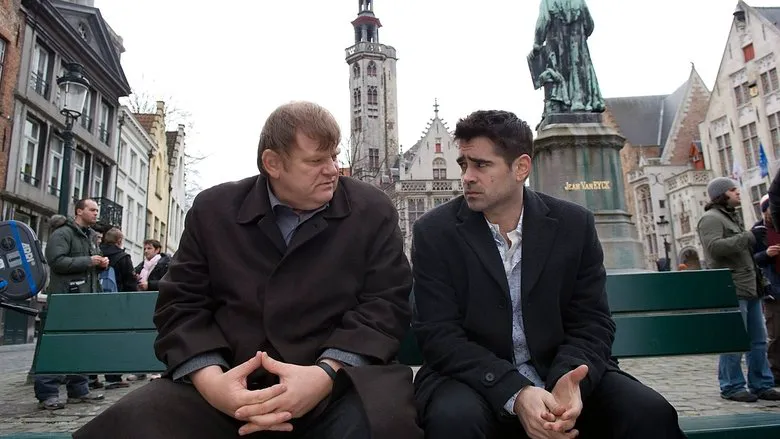
Introduction: Do Killers Deserve a Second Chance at Happiness?
In the realm of cinema, the figure of the assassin often looms large. But are these characters, often labeled as “bad guys,” inherently undeserving of a fulfilling life? I’d love to hear your thoughts on this complex question in the comments below.
Killers are a recurring archetype in movies and television. But is every assassin a heartless villain? A truly great film will always delve deeper than such simplistic portrayals. Take, for instance, Léon from the iconic film Léon: The Professional. In a moment of profound humanity, he rescues his neighbor, a young girl named Mathilda. As their bond deepens, he finds himself genuinely caring for and protecting her, a girl yearning to grow up too fast. Ultimately, he sacrifices himself to shield her from corrupt law enforcement.
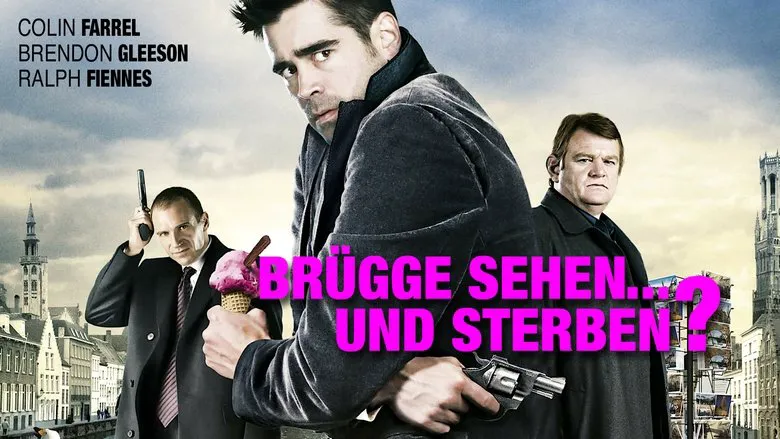
Léon is not an anomaly. Assassins depicted as protagonists in film are rarely one-dimensional. Filmmakers often weave in details and backstories that evoke empathy in the audience. These characters are often portrayed as solitary figures, living in isolation. Their “profession” casts a shadow, making the prospect of happiness seem unattainable. Consider Park Yi from Daisy, a hitman who secretly admires Hye-young but remains hidden, expressing his affection through daily deliveries of daisies. Just as he gathers the courage to reveal his feelings, he witnesses the woman he loves fall victim to violence before his very eyes.
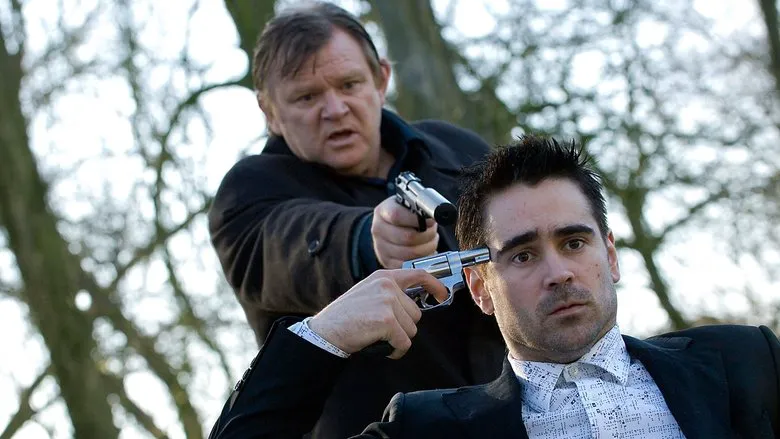
The Moral Dilemma: Redemption or Damnation?
This brings us back to the central question: Do killers deserve a chance at a happy life? This question lingered in my mind long after watching In Bruges. Especially when considering assassins with a code, a sense of honor, or even a capacity for compassion, should they be granted an opportunity to start anew?
In Bruges introduces us to Ray and Ken, a pair of hitmen partners, likely a mentor-apprentice relationship. Their dynamic is fascinating, resembling a father taking a wayward son on a trip. Ray immediately dismisses Bruges as a “dump,” while Ken is captivated by the serene beauty of the ancient city.
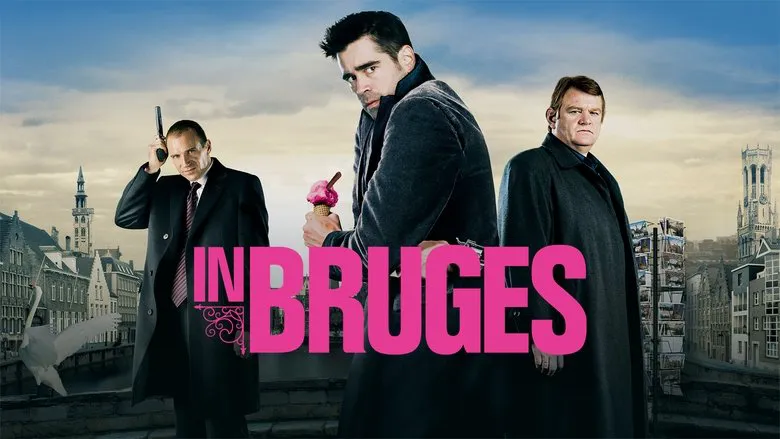
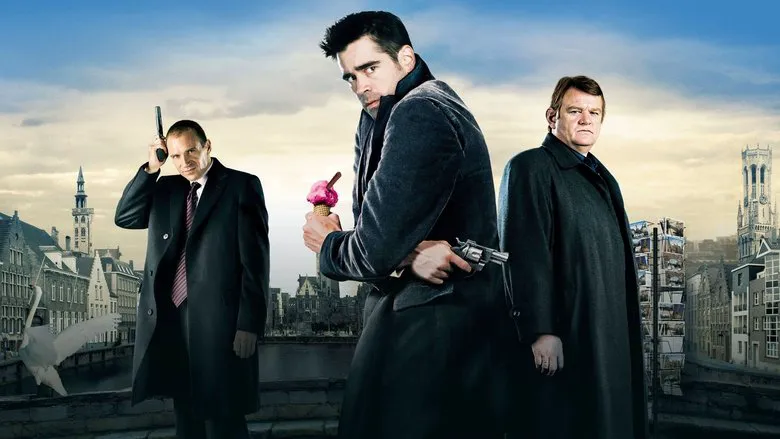
Ken enthusiastically leads Ray on a canal tour, sharing the history of the medieval city, while Ray sulks, displaying his boredom and disbelief. The contrast between the two men – one stout and old, the other lean and young; one enamored, the other repulsed – creates a comedic effect.
Confined to their hotel room awaiting a call from their boss, Harry, Ray’s eagerness to go out is reminiscent of a mischievous child. In the Church of the Holy Blood, Ken’s frustration with Ray’s lack of cooperation mirrors a father’s exasperation with a troublesome son. In these moments, it’s hard to believe they are cold-blooded killers. Instead, they exude a charming, British humor.
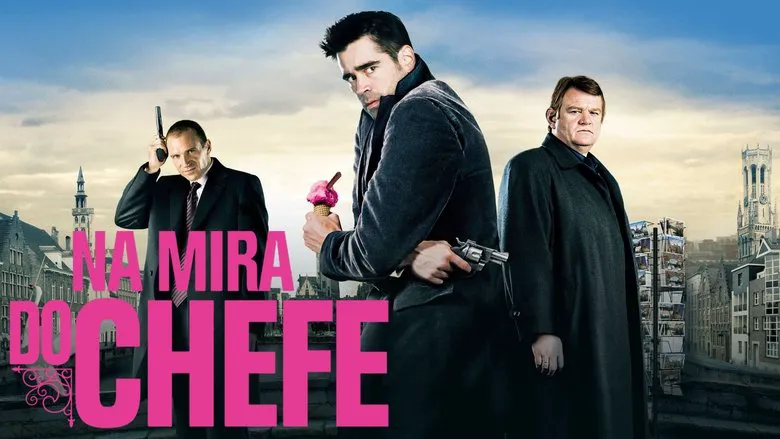
For the first part of the film, despite their bickering, the overall tone is lighthearted. This changes when Ray sees a child in the town square, triggering a flashback to a previous hit. While assassinating a priest, Ray accidentally kills a young boy who was kneeling in prayer, his prayer slip reading: “Gets angry easily; bad at math; gets sad easily.” Ray is devastated, frozen beside the boy until Ken pulls him away.
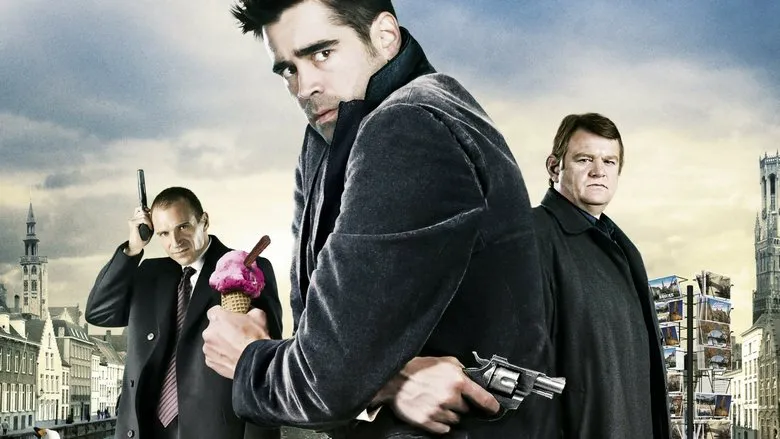
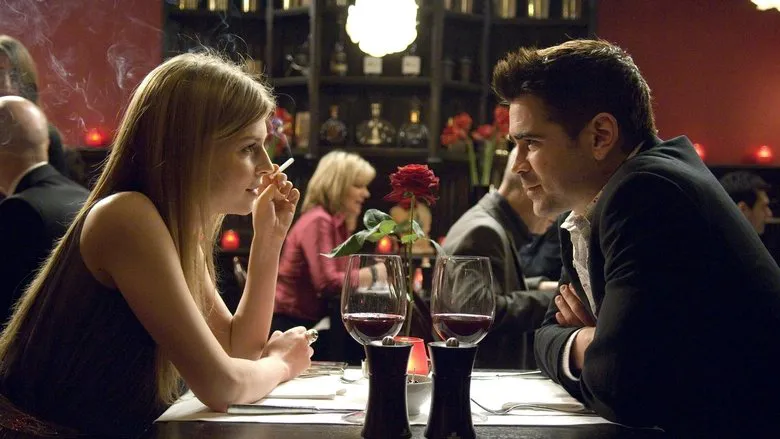
The accidental killing consumes Ray with guilt. He confesses to Ken: “I tried to forget, but I can’t… unless I die too.” He decides to end his life.

Ironically, the night before, while Ray is out on a date, Ken receives orders to kill Ray. As Ray prepares to take his own life, Ken, who was about to shoot him from behind, intervenes. Ken realizes he cannot bring himself to kill Ray.

Despite their profession, Ken sees Ray as a child. He had smiled at Ray’s excitement about his date the previous night. Now, he is unable to kill him or watch him die. He decides to let Ray escape and start a new life. However, the relentless Harry refuses to let Ray go. To protect Ray, Ken ultimately sacrifices his own life.

The Question of Forgiveness
Are they inherently evil? Are their crimes unforgivable? Ray’s profound remorse for accidentally killing the child suggests he is not entirely devoid of conscience. Does he deserve a second chance? His partner, Ken, believes he does. I wonder, if the train carrying Ray away had not been stopped, if he had not been sent back, what would his future have held? Could he have turned his life around and found happiness? Should he be forgiven?
Is Xin Xiaofeng from The Dead End a bad person? Though driven by a moment of impulse to commit an unforgettable crime, he desperately tries to atone for his sins, living in constant torment, yet he cannot escape the long arm of the law. If he had not been caught, should he have been forgiven?
Even T-Bag, the villainous character from Prison Break, attempts to reform twice. If Susan had accepted him and believed in him, could T-Bag have become a good man and a good father? Does he deserve forgiveness?

Legally and morally, it is understood that murderers should pay for their crimes. However, the complexities of life often make it difficult to make an absolute judgment. In 2011, a mother in Dongguan drowned her twin children with cerebral palsy after caring for them for 13 years, driven to despair by the lack of hope. Human strength and weakness, good and evil, are not always so clear-cut. How wonderful it would have been if Ken and Ray’s trip to Bruges had been a simple vacation! They must have longed to live a good life.
The film’s ending is tragic. Ken and Harry are dead, leaving only Ray, who initially wanted to die. Ray says, “Maybe that’s what hell is.” Indeed, the Bruges he hated becomes his personal purgatory.